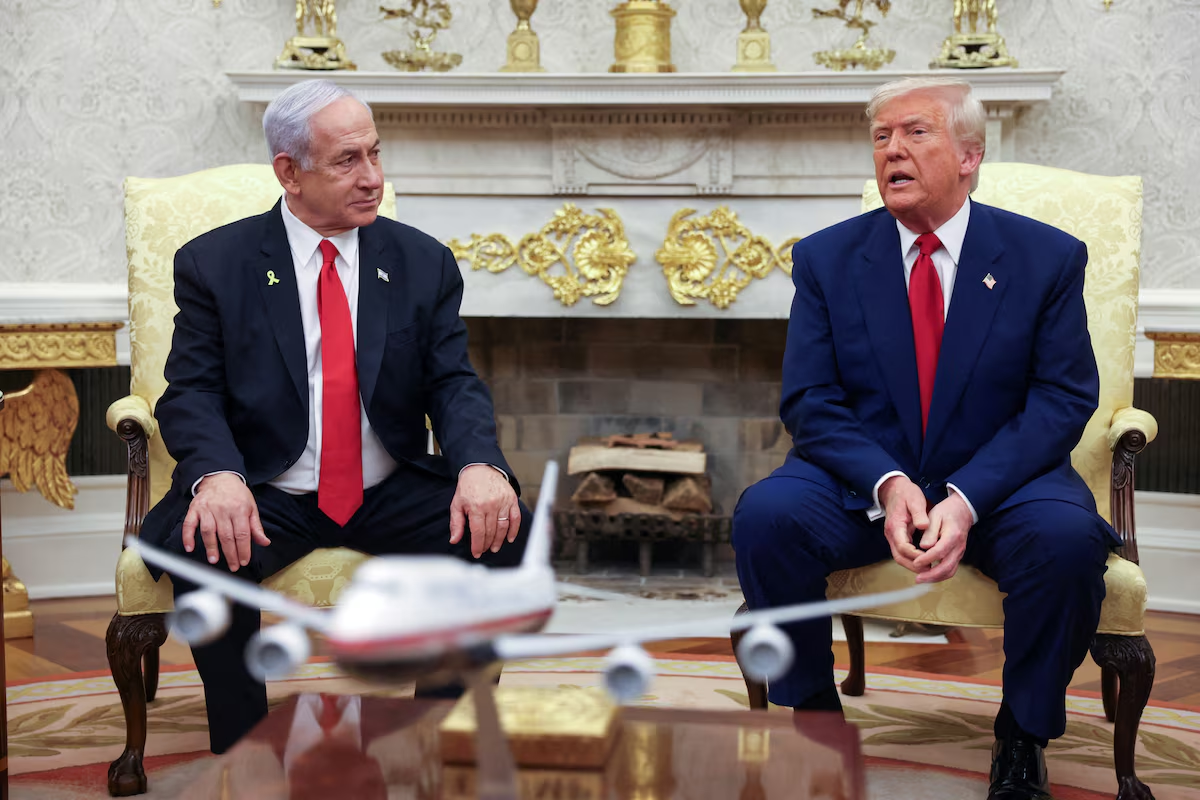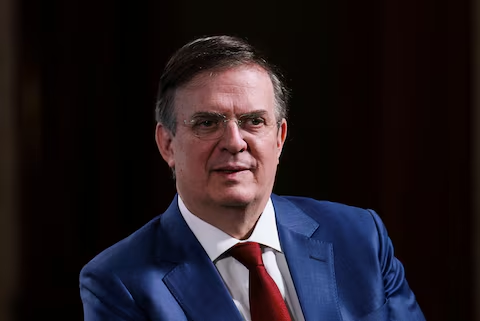In April 2025, U.S. President Donald Trump surprised Israeli Prime Minister Benjamin Netanyahu by initiating direct negotiations with Iran, aiming to prevent it from developing nuclear weapons. This unexpected move came shortly after Netanyahu sought U.S. support for a military strike on Iran’s nuclear facilities. Talks between the U.S. and Iran have so far included discussions on capping uranium enrichment at 3.67%, limiting centrifuge numbers, and enhancing International Atomic Energy Agency (IAEA) oversight—in exchange for significant sanctions relief. The emerging framework resembles the 2015 Joint Comprehensive Plan of Action (JCPOA), which Trump exited in 2018, but with longer durations and stricter verification measures.
Key sticking points include Iran’s right to enrich uranium, which it claims is non-negotiable, and its ballistic missile program, which Israel and the U.S. want limited. Iran has expressed willingness to dilute or export enriched uranium, possibly to Russia, and even floated selling it to the U.S. However, Supreme Leader Ayatollah Ali Khamenei demands strong guarantees against a future U.S. withdrawal.
While Netanyahu advocates for a total dismantling of Iran’s nuclear infrastructure, likening the current situation to a strategic window for a military strike, the U.S. military has bolstered its presence in the region but opposes immediate military action. Experts caution that military attacks cannot erase Iran’s enrichment knowledge.
The negotiations have faced challenges, including the postponement of a fourth round of talks in Rome, partly due to U.S. sanctions imposed during the negotiation process, which Tehran believes undermine diplomatic progress. Despite these hurdles, Iran’s Foreign Ministry insists it remains committed to serious, outcome-driven negotiations.
As the situation evolves, the international community watches closely, recognizing the high stakes involved in preventing nuclear proliferation in the region.
Tehran’s leadership remains deeply concerned that Netanyahu may launch a strike – deal or no deal, a senior Iranian security official, said.
However, in just three weeks, the U.S. and Iran have held three rounds of talks aimed at preventing Tehran from building a nuclear weapon in return for sanctions relief. A fourth round is expected to take place in Rome soon.
For this story, Reuters spoke to officials and diplomats from all sides of the negotiations who disclosed previously unreported details under discussion. All requested anonymity to speak about delicate ongoing conversations
A deal may not look radically different to the former pact, which he called the worst in history, but would extend duration to 25 years, tighten verification, and expand so-called sunset clauses that pause but don’t completely dismantle aspects of Iran’s nuclear program, all the sources said.
Under the terms being discussed, Iran would limit stockpile size and centrifuge types, and dilute, export or seal its 60 percent uranium stock under unprecedented International Atomic Energy Agency (IAEA) scrutiny – all in exchange for substantial sanctions relief, all the sources said.
The U.S. State Department, Iran’s foreign ministry and Netanyahu’s office did not respond to requests for comment.
Dennis Ross, a former negotiator under both Republicans and Democrats, said that any new agreement must go further than the JCPOA by imposing a permanent, structural change in Tehran’s nuclear capabilities – shrinking its infrastructure to the point where developing a bomb is no longer a practical option.
Source: Reuters


